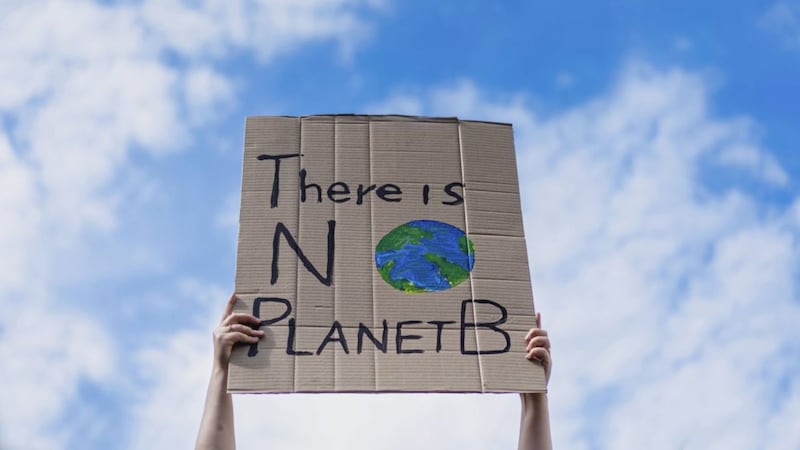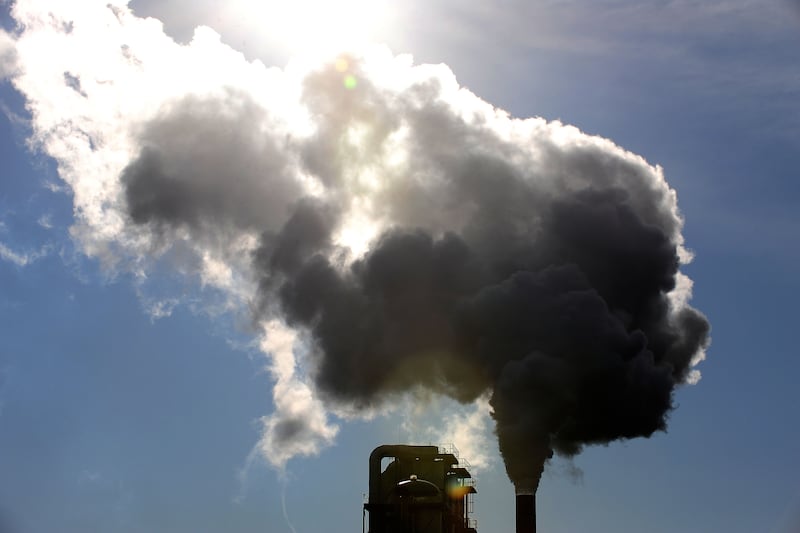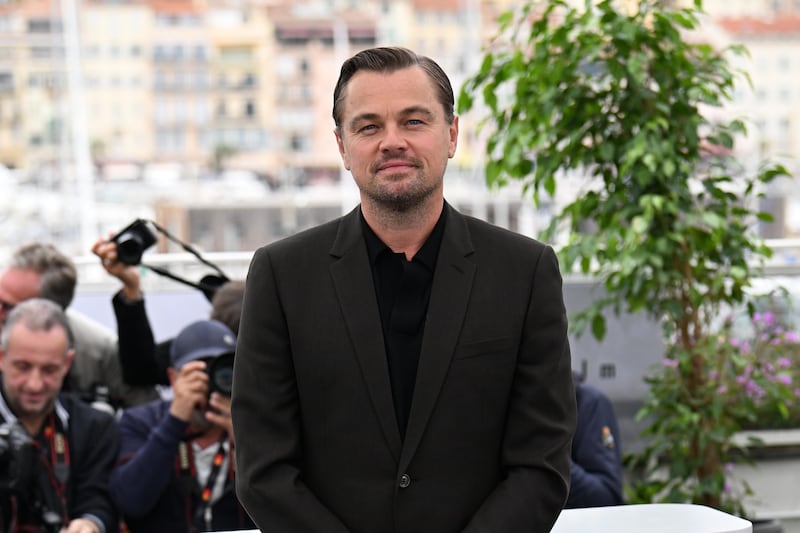JULY 2021 was a record breaking month for Ireland. The quartet of Emily Hegarty, Fiona Murtagh, Eimear Lambe and Aifric Keogh won Ireland's first medal of the 2020 Olympic Games in Japan.
It was the first-ever Olympic medal for Irish female rowers. Paul O'Donovan and Fintan McCarthy won Ireland's first rowing Olympic gold medal.
Records were also being set closer to home, although not the type to celebrate: Northern Ireland recorded its highest ever temperatures in July - a searing 31.2C in Ballywatticock, Co Down was surpassed days later when Castlederg, Co Tyrone saw 31.3C.
Records were also made in Germany and Belgium, where the heaviest rainfall in a century saw towns and lives be swept away.
As the 2021 United Nations Climate Change Conference, also known as Cop26, continues in Glasgow, the world would do well to listen to the words of Pope Francis: "Time is running out. Deliberations must go beyond mere exploration of what can be done, and concentrate on what needs to be done."
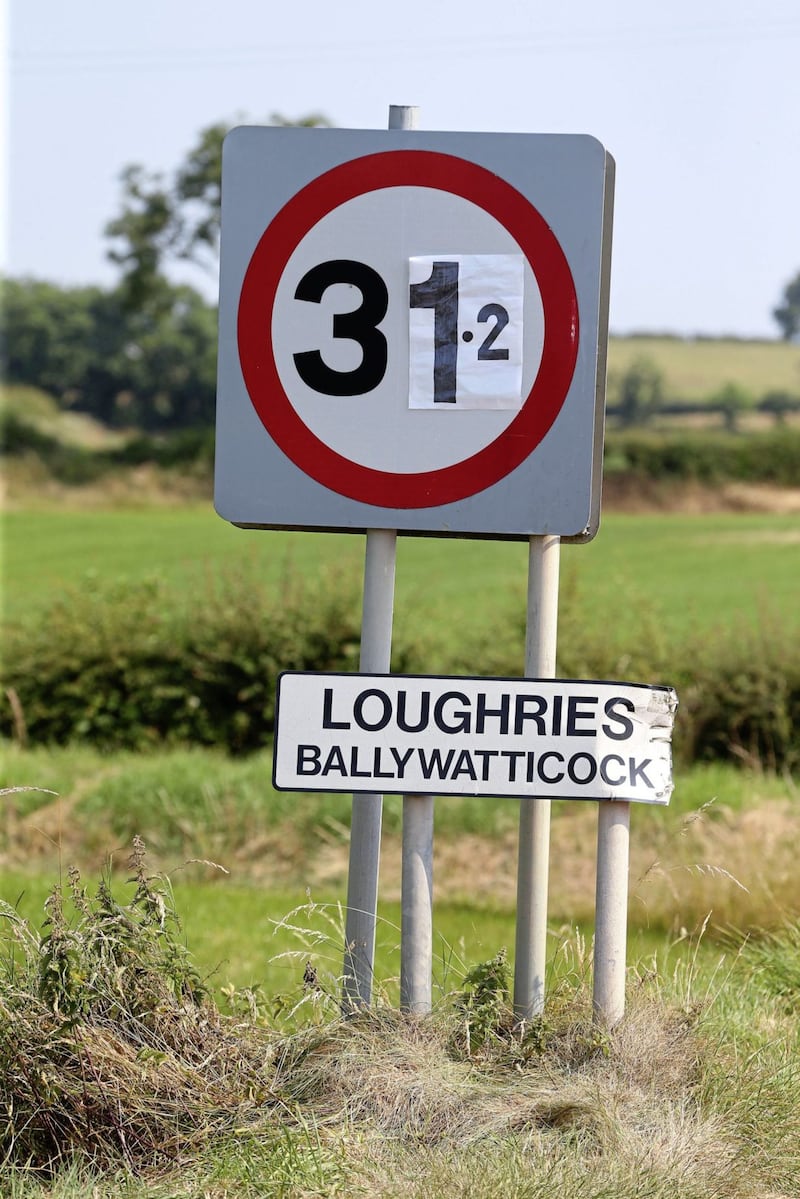
Inspired by Pope Francis's encyclical Laudato Si', On Care For Our Common Home, our local parish recently took part in a series of talks on this topic, led by Trócaire.
One of the most striking facts I became aware of was how great an impact seemingly small increases in temperature have on our climate.
For example, if global temperatures rise by 2C instead of 1.5C, climate scientists expect the impact on the environment to be 10 times worse.
According to the World Meteorological Organisation, the planet is already 1.1-1.3C warmer than it was before the steam engine was invented.
The Paris agreement of 2015 saw countries create a compact to limit global warming to "well below 2C" above pre-industrial levels, ideally seeing it rise no more than 1.5C.
Their progress towards that end has been woefully inadequate. According to Climate Action Tracker, an NGO which tracks emission reduction goals and other policies, a world which follows the policies that are actually in place right now would end up 2.9C hotter.
A 3C world is a pretty likely outcome and is therefore worth considering in more detail. As a recent article in The Economist notes, "Judging by the results of specific studies, the differences between 2C and 3C are in most aspects, far starker than those between 1.5C and 2C."
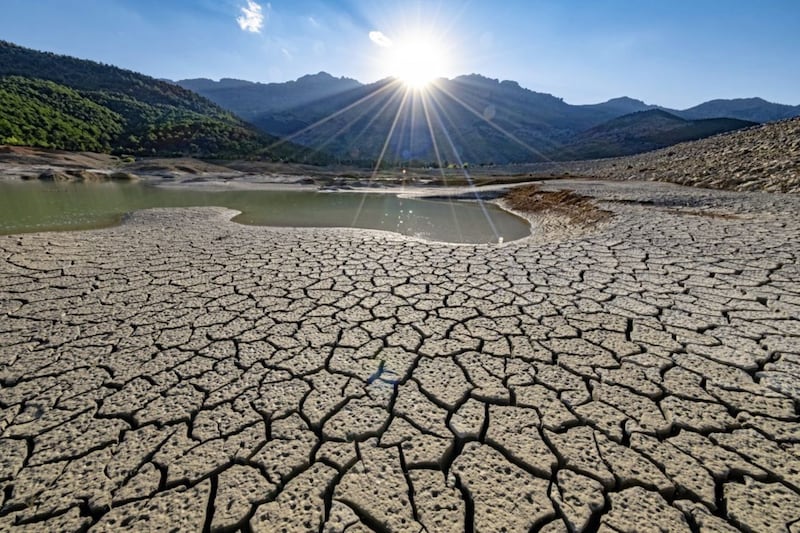
Water scarcity is an inevitable consequence of a warmer world. At 3C, periods of dryness currently treated as exceptional, 1-in-100-year events are expected to happen every two to five years in most of the world.
Droughts are already disproportionately affecting the world's poorest people, three quarters of whom rely on agriculture to survive.
Pope Francis understands the clear links between climate change and poverty, calling people to, "Listen to the cry of the earth and the cry of the poor, who suffer most."
One suggested action from the parish Laudato Si' talks was to raise awareness of climate change, by contacting local MLAs, urging them to support Northern Ireland's Climate Change Bill.
One person to reply to my email was Jim Allister, leader of the TUV. Citing the negative economic consequences of the Bill on the region's meat and dairy industries, he made it clear that he would not be supporting the legislation, describing it as "unrealistic".
Yet Lord Deben, head of the UK's top climate body, has a different perspective: "For me, it ought to be a clarion call to unionists, because this is one of the advantages of being part of the UK: you can do things in a context where you are helped by the rest of the UK."
Noting the fact that Ireland already has agreed to its own far-reaching legislation - the Climate Action and Low Carbon Development (Amendment) Act 2021, signed into law by President Michael D Higgins in July - Lord Deben said he also sees opportunities for nationalists: "That ought to be saying to them, 'Look, we can't have a situation where a bit of Ireland is not doing the things which the rest of Ireland is also committed to.'"
He concludes: "If ever there were a cross-party and cross-community demand, it is to fight the battle on climate change."
Clearly, the scale of the environmental challenge is immense. So too is the challenge facing the Irish Church at this time. Both can be tackled together.
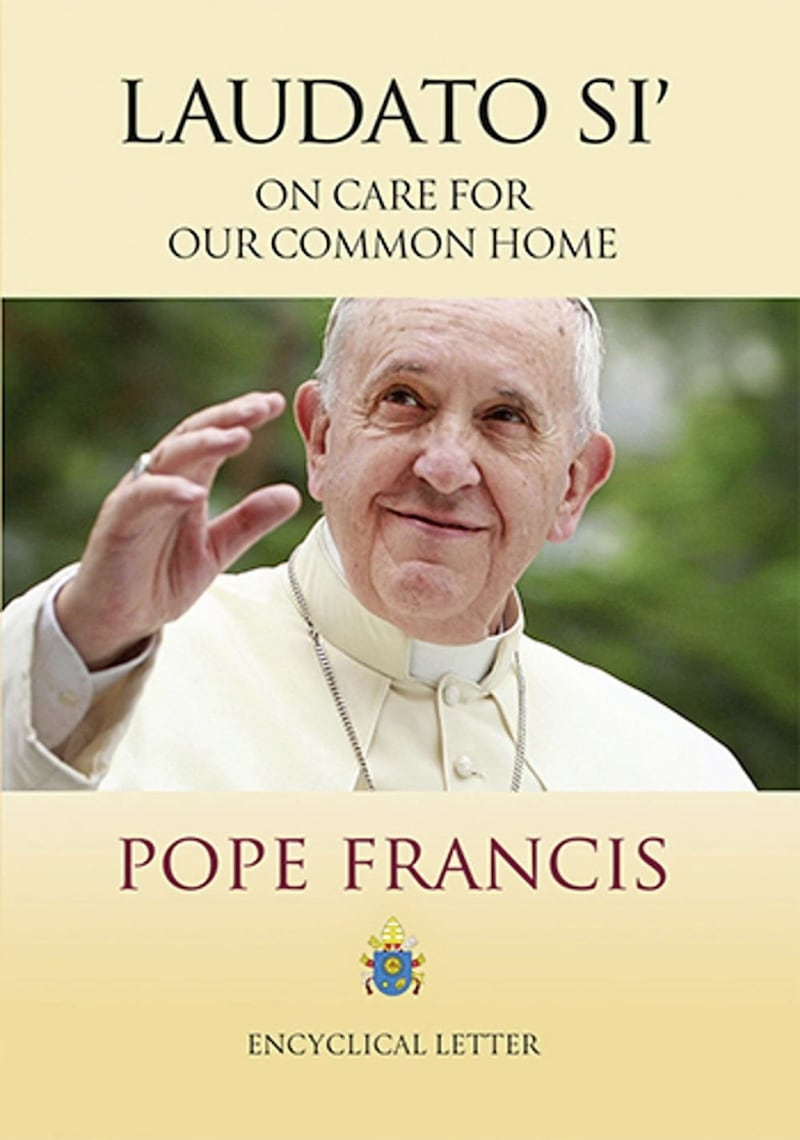
Addressing the challenges of the Irish Church, Fr Chris Hayden recently noted: "There's a saying that goes, 'Many of the greatest things in history have been achieved by people who weren't smart enough to realise they were impossible.'
"It may be perfectly reasonable to regard things as impossible, but if they were to make a habit of that, it would risk becoming a self-fulfilling prophecy: It looks impossible; it can't be done; so we won't try; so it won't be done."
Both the environmental and religious challenges can be approached through the message of Jesus, who frequently cautioned his disciples against being too ready to conclude that our situation is impossible.
Calling on the importance of remaining confident, Fr Hayden says: "The Gospel cautions us against being too ready to conclude that our situation is impossible.
"When Jesus wants to feed a large number of people, his followers tell him they haven't got anything close to enough food, but Jesus asks them to bring what they had.
"They could have said, 'We haven't enough,' and left it at that. That would have been reasonable, because everybody knows that five loaves and two fish won't feed thousands of people.
"Instead, they brought to Jesus what they had, and he did the rest. We're asked, as disciples and as parishioners, to offer the Lord what we can and to trust in his capacity to use it. That's the answer to defeatism and discouragement."
Each of us can make steps to care for the environment: walking instead of driving, eating less meat and donating to charities such as Cool Earth which works with rainforest communities to halt deforestation.
But as Pope Francis notes: "Self-improvement on the part of individuals will not by itself remedy the extremely complex situation facing our world today. The ecological conversion needed to bring about lasting change is also a community conversion."
Here, Brexit and the NI protocol brings great business opportunities for Northern Ireland, offering unfettered access to the EU's single market whilst remaining inside the UK's lucrative consumer market.
Invest NI, the development agency, recently described Northern Ireland's dual market access as a 'gateway' for businesses. Northern Ireland is already a strong investment location, with a strong pool of talent and good infrastructure.
There is real potential for the region to take advantage of the climate crisis, building bridges across communities by making sacrifices and supporting more eco-friendly business solutions.
Reminding ourselves of God's ability to transform seemingly impossible situations for the better encourages each of us to act responsibly, knowing that, "In all things God works for the good of those who love him."
May our struggles and our concern for this planet never take away the joy of our hope.
Dr Brian Wilson grew up in Ballymena, Co Antrim, completed undergraduate studies in Chemistry at Imperial College London and holds a PhD in Organic Chemistry from the University of Oxford.
